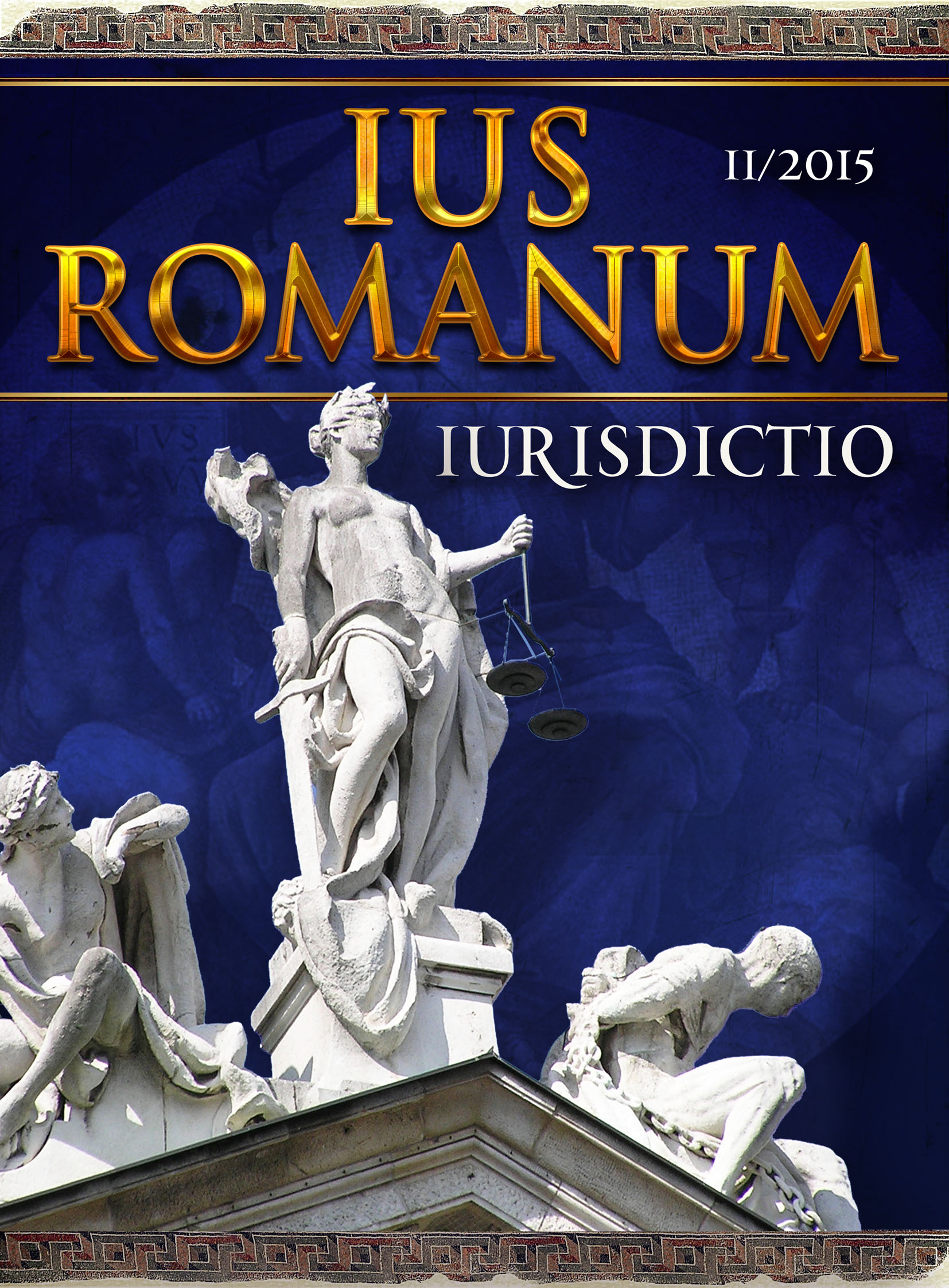SENTENTIA PRAETORIS?
SENTENTIA PRAETORIS?
Author(s): Antonino MetroSubject(s): Law, Constitution, Jurisprudence, History of Law, Civil Law, EU-Legislation
Published by: Софийски университет »Св. Климент Охридски«
Keywords: formulary procedure; praetor; sententia; decretum
Summary/Abstract: The article analyzes the use of the term sententia praetoris in certain Roman-era texts. Normally the Roman praetor exercised his powers only in the first phase of the formulary civil proceedings – the so-called phase in iure, which dealt only with issues of procedural legitimation and case acceptability. The case would then be sent to a sworn arbiter, who would issue a sentence on the merits – this was the second phase, called apud iudicem. In other words, the praetor's powers didn't include issuing an actual sentence. Thus, the term sententia praetoris sounds illogical – the praetor's decrees had neither binding power, nor res iudicata on the merits of the case. However, in case of extraordinary civil proceedings both phases would be merged into one, which took place in front of the praetor. Thus, it would be logical to assume that the term sententia praetoris is used either in connection to such cases, or – although rarely – to signify the praetor's non-compulsory consulting opinion in the formulary civil proceedings.
Journal: IUS ROMANUM
- Issue Year: 2015
- Issue No: 2
- Page Range: 81-94
- Page Count: 14
- Language: Bulgarian

